The Subjunctive Mood: Grammar Essentials for IELTS
Table of Contents

Limited-Time Offer : Access a FREE 10-Day IELTS Study Plan!
Introduction
Mastering the subjunctive mood is crucial for achieving a high score in the IELTS exam. The Subjunctive Mood: Grammar Essentials for IELTS provides comprehensive explanations, examples, and practice exercises to help you understand and correctly use this advanced grammar structure. Enhance your IELTS writing and IELTS Speaking skills by learning how to express wishes, suggestions, and hypothetical situations effectively.
Subjunctive Mood: Meaning with Examples
The subjunctive mood is a grammatical mood used to express various states of unreality, such as wishes, suggestions, doubts, possibilities, and hypothetical situations. It often appears in sentences where the action or condition is not a certainty but is dependent on certain conditions or desires. Let’s explore the subjunctive mood in more detail with examples.
1. Expressing Wishes
In the subjunctive mood, we can express our desires or wishes.
For example:
I wish she were here. (Not “was” – “were” indicates a hypothetical situation)
2. Making Suggestions
The subjunctive mood is also used to make polite or hypothetical suggestions.
For example:
I suggest that he arrive early for the meeting.
3. Stating Doubts
When we express doubts or uncertainties, we use the subjunctive mood.
For example:
I doubt that he be the culprit. (Implies uncertainty)
4. Expressing Possibilities
The subjunctive mood can be used to indicate possibilities that may or may not come true.
For example:
It’s possible that they win the game tomorrow.
5. Hypothetical Situations
The subjunctive mood is commonly used in hypothetical or contrary-to-fact statements.
For example:
If I were a bird, I would fly everywhere.
6. Formal Requests and Commands
In formal language, the subjunctive mood is used in requests, recommendations, and commands.
For example:
The teacher insists that you be on time for the exam.
7. Expressing Necessity
Sometimes, the subjunctive mood is employed to express necessity or obligation.
For example:
It is essential that she complete the task by Friday.
8. Conditional Clauses
In conditional sentences (if-clauses), the subjunctive mood can appear in the dependent clause.
For example:
If he were rich, he would travel the world.
Understanding the subjunctive mood and its correct usage can enhance your language skills and help you express various shades of meaning in your communication.
Types of Subjunctive Mood
The subjunctive mood helps us talk about expressions that may not be real. It is like discussing wishes, polite requests, etc. Now, let’s discuss the types of subjunctive moods to understand the concept better.
The Past Subjunctive Mood
The past subjunctive mood, also known as the imperfect subjunctive, is used to express hypothetical or unreal situations in the past.
In English, it is often formed by using the base form of the verb (the infinitive) with specific conjugations for irregular verbs.
Example:
Consider the sentence:
“If I were rich, I would travel the world.”
Here, “were” is the past subjunctive form of the verb “to be.” It expresses a situation that is not currently true (the speaker is not rich) and is hypothetical (the possibility of traveling the world under such a condition).
The Present Subjunctive Mood
The present subjunctive mood is used to express desires, suggestions, or possibilities in the present or future.
In English, it is typically formed using the base form of the verb, sometimes with slight modifications, and is often used in clauses that follow certain expressions or verbs like “wish,” “suggest,” “recommend,” or “demand.”
Example:
For instance, in the sentence: “I suggest that he go to the doctor,” the verb “go” is in the present subjunctive form.
It indicates the speaker’s suggestion for a course of action in the present, emphasizing that it hasn’t necessarily happened yet, but it’s recommended.
Difficult to Understand Grammar for IELTS, seek help from IELTS experts for personalized guidance! Sign Up Now!
Form and Use
The subjunctive mood is a versatile tool that allows us to discuss wishes, doubts, hypotheticals, and more. In this exploration of the subjunctive mood, we’ll now delve into its various forms and how they shape our communication.
| Subject 1 + Verb (any tense) + that + Subject 2 + Verb (bare infinitive)
It + be (any tense) + adjective + that + subject + verb (bare infinitive) |
Verb:
- suggest, insist, require, recommend, propose, command, demand, request, acknowledge, know, etc
Adjective:
- advisable, anxious, desirable, eager, essential, important, necessary, preferable, vital, willing
The subjunctive is used in reported speech, very formal language (e.g. regulations, legal documents), and in poetry.
In Writing Task 2 of the IELTS, you can make use of the subjunctive mood to have a flow of academic writing and get a high score in Grammatical Range and Accuracy.
The subjunctive is the same as the infinitive (without to). It does not show any marking for tense and can be used to refer to events in the past, present, or future.
We use it most often in that-clauses after certain verbs (e.g. advise, demand, insist, propose, request, suggest), and after adjectives (e.g. advisable, desirable, essential, important, necessary, preferable), to express the idea that something is necessary or important.
Here are some examples:
- At yesterday’s hearing the judge insisted (that) Mr Grant give evidence despite his relationship to the accused.
- The doctor suggested that Tom stop smoking.
- I demand that I be allowed to be free now.
- She insisted that she pay her own way.
- We require that all receipts be submitted to the committee for approval.
We can use passive and negative forms of the subjunctive. Here are a few examples:
- Members of the committee suggested England be excluded from future international tournaments.
- Regulations require that officers not enter the crime scene without protective clothing.
The verb be has an alternative subjunctive form were which is sometimes called the past subjunctive and is used to talk about the imagined present or future and in conditionals.
Informal Alternatives
Subject 1 + Verb (any tense) + that + Subject 2 + Should Verb
It + be (any tense) + adjective + that + subject + should infinitive | or It + be(any tense) + adjective + for + subject + to + infinitive
The use of the subjunctive is rather formal or literary in British English (it is less formal and more common in US English). British English speakers prefer to use should + infinitive or the forms listed below in most situations:
- It is vital that every applicant completes the form in triplicate, (subjunctive)
- It is vital that every applicant should complete the form in triplicate. (should + infinitive)
- It is vital for every applicant to complete the form in triplicate, [for + subject + to + infinitive)
Fixed Expressions
There are some fixed expressions that use subjunctive forms. Here are some examples.
- If he doesn’t want to see us. then so be it. (= then let it happen)
- Bless you!
- Long live the republic!
- There’s very little chance of winning this case.’ Be that as it may. I’m not going to give up fighting.’ (= Whether that is true or not, I’m not …)
- I’ll take it all the way to the Supreme Court if need be. (= if this is necessary)
Practice Exercise
Q 1. Circle the correct answer A, B, C, or D.
The boys proposed that their group leader____a camping trip.
- organized
- organize
- organizes
- organizing
The teacher demanded that Tom____the room.
- leave
- leaves
- has to leave
- leaving
It was urgent that she____the robbery to the police immediately.
- reported
- reports
- report
- must report
“What instructions did your boss give you?” – “He requires that Alice._____the meeting.”
- would attend
- attends
- attended
- attend
“What is your opinion?” – “It is necessary that an employee____his work on time.”
- finish
- finishes
- can finish
- to finish
Dan’s parents insist that he_____home every week.
- must call
- call
- called
- has to call
It is essential that she_____the truth about her illness.
- tell
- tells
- is told
- be told
The director requests that all packages_____at the central office.
- send
- be send
- be sent
- are sent
Answers
Unlock Explanations
If you want to have a look at the answers, sign up!
- The boys proposed that their group leader organize a camping trip. (B. organize)
- The teacher demanded that Tom leave the room. (A. leave)
- It was urgent that she reported the robbery to the police immediately. (A. reported)
- “What instructions did your boss give you?” – “He requires that Alice attend the meeting.” (D. attend)
- “What is your opinion?” – “It is necessary that an employee finishes his work on time.” (B. finishes)
- Dan’s parents insist that he call home every week. (B. call)
- It is essential that she be told the truth about her illness. (D. be told)
- The director requests that all packages be sent at the central office. (C. be sent)
Q 2.
Study the following extracts. Two of them use appropriate language but four of them use forms that have an incorrect degree of formality. Tick (√) the two correct extracts and rewrite the remaining four using subjunctives (note you may need to use passive forms).

To maximize your IELTS Band score, consider Enrolling in our IELTS online classes and get expert guidance for your exam preparation.

Start Preparing for IELTS: Get Your 10-Day Study Plan Today!
Develop your Grammar from our Grammar Topics

Janice Thompson
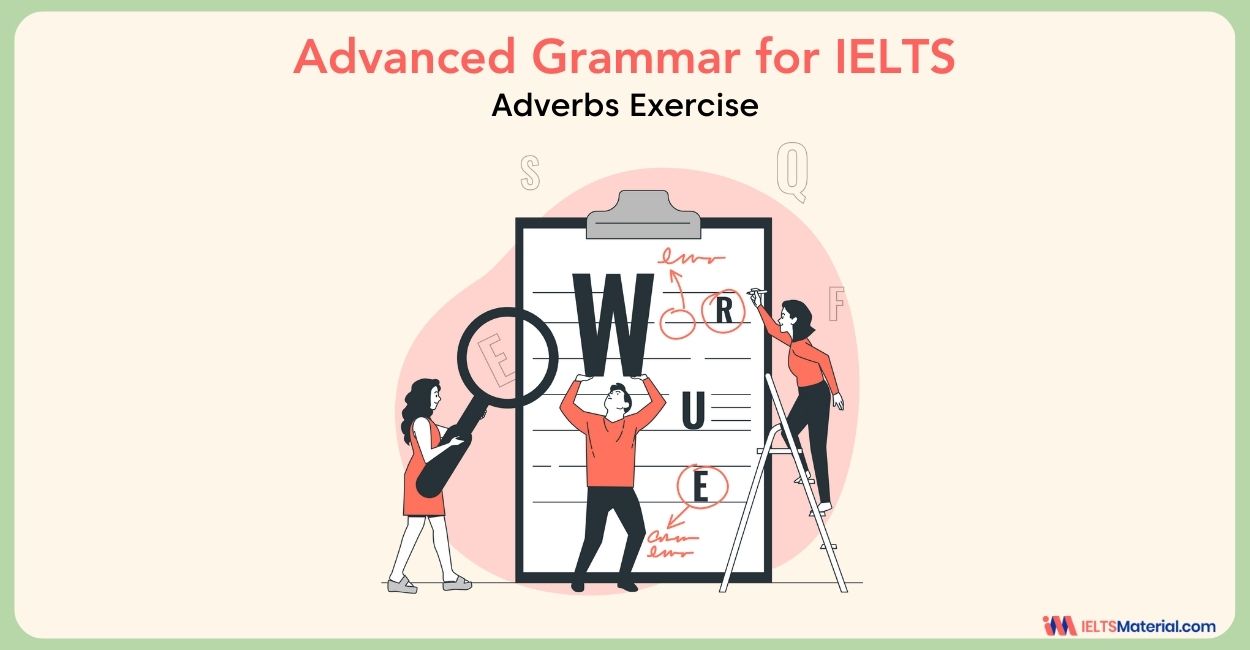
Zuhana
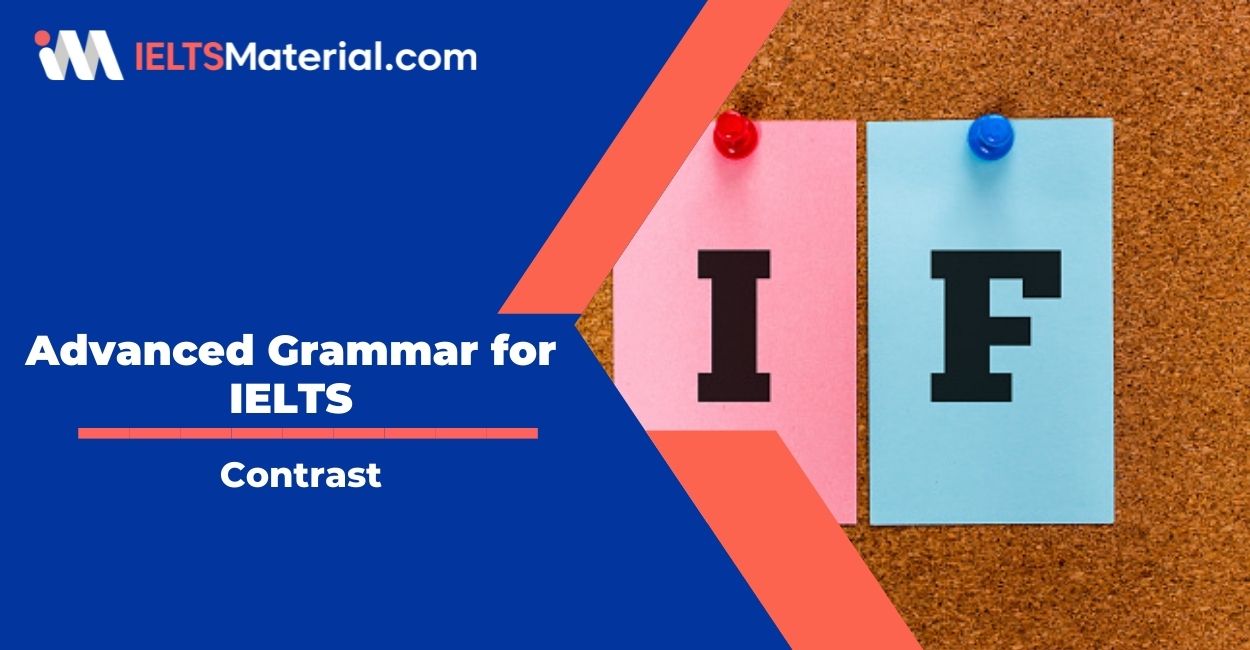
Courtney Miller
Recent Articles

Courtney Miller

Zuhana
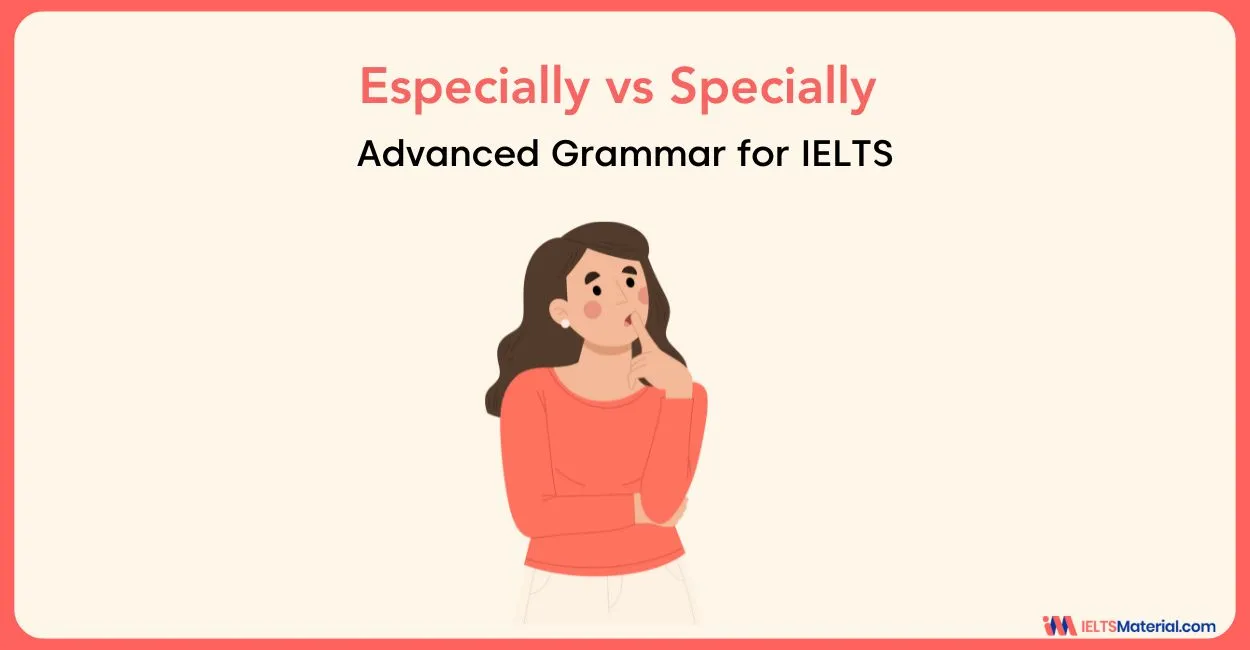
Janice Thompson
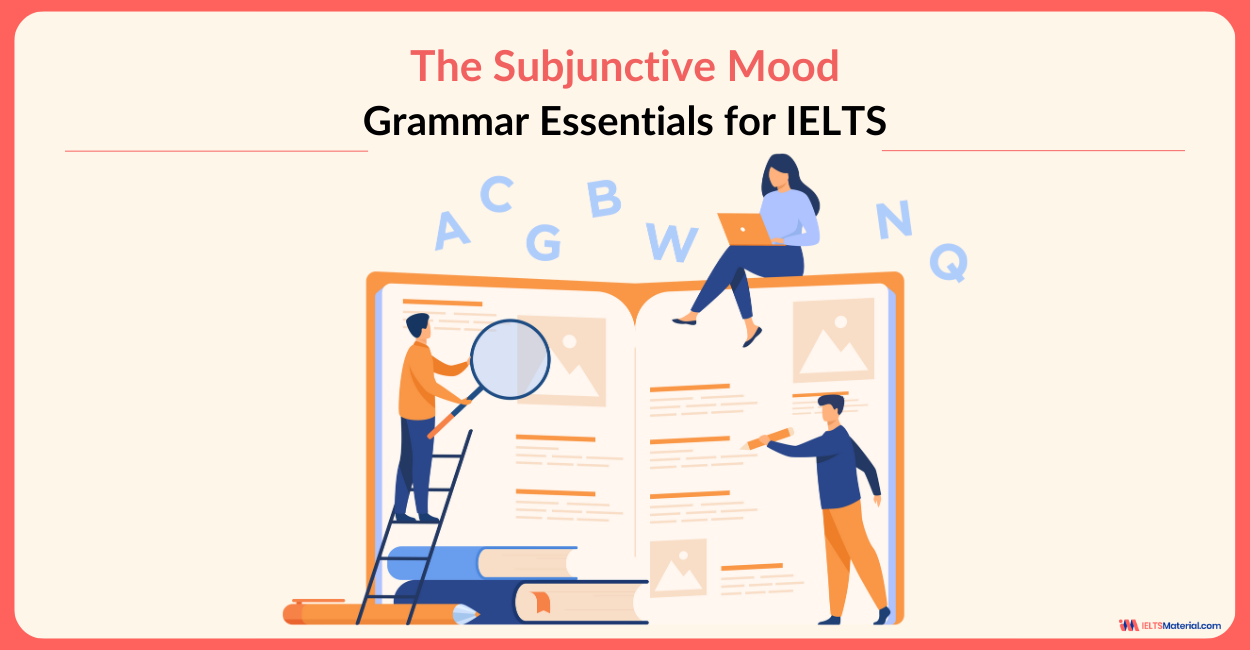

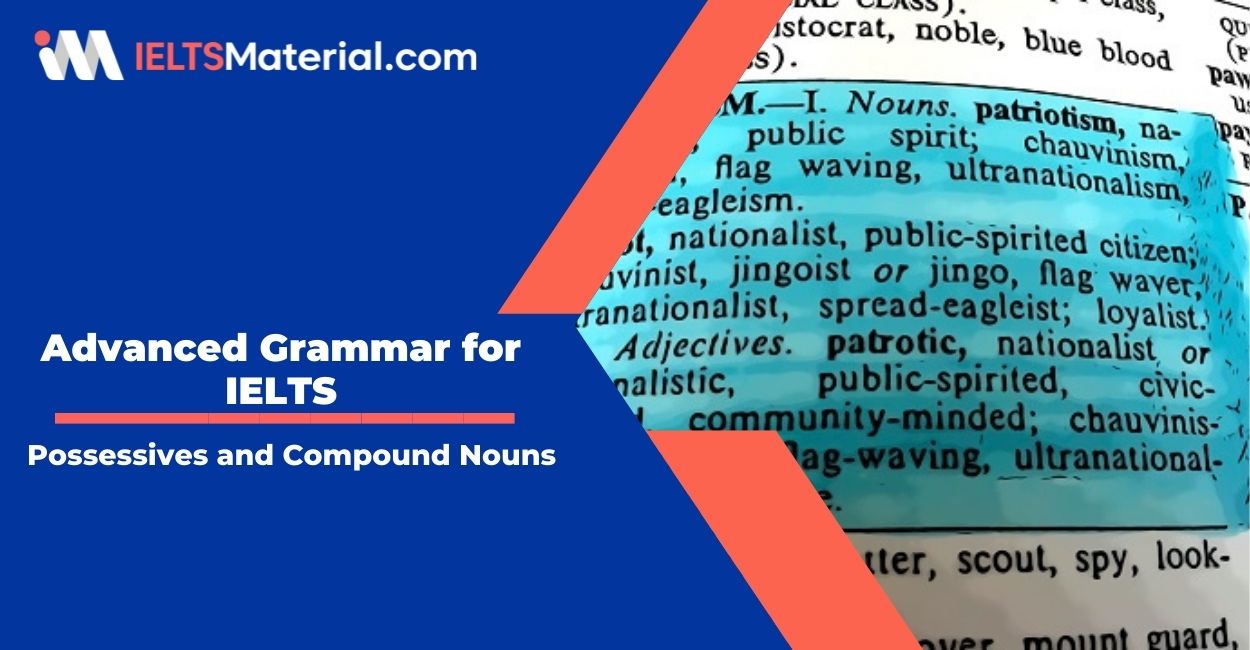
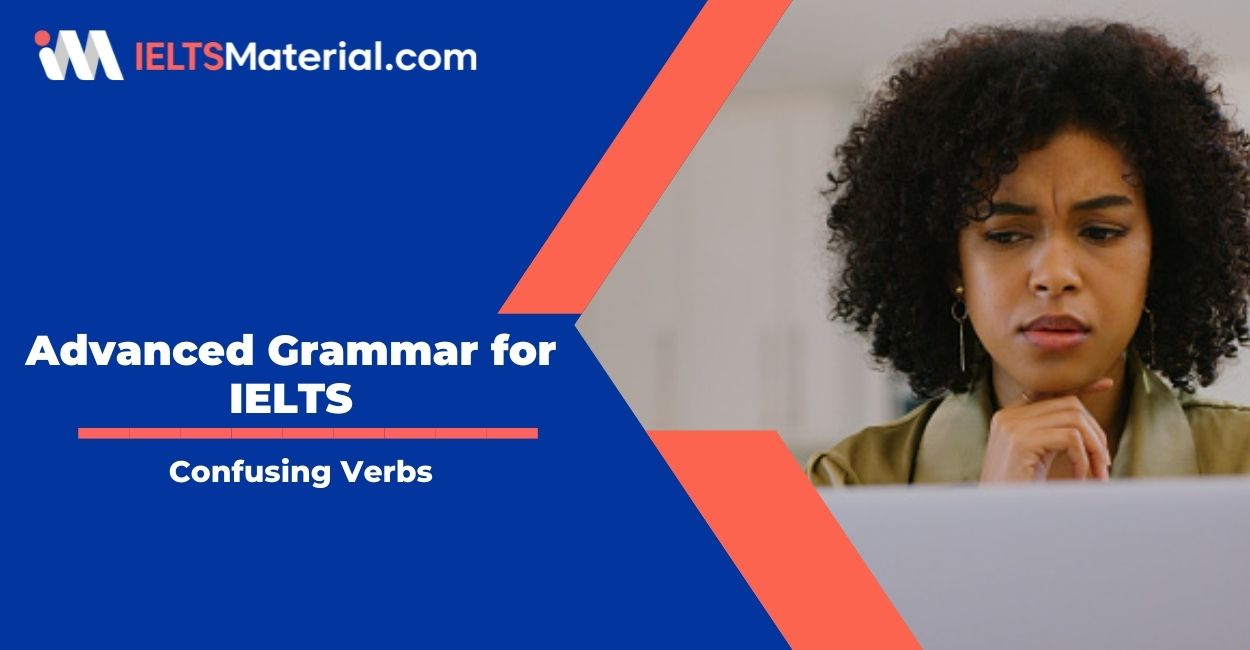


Post your Comments